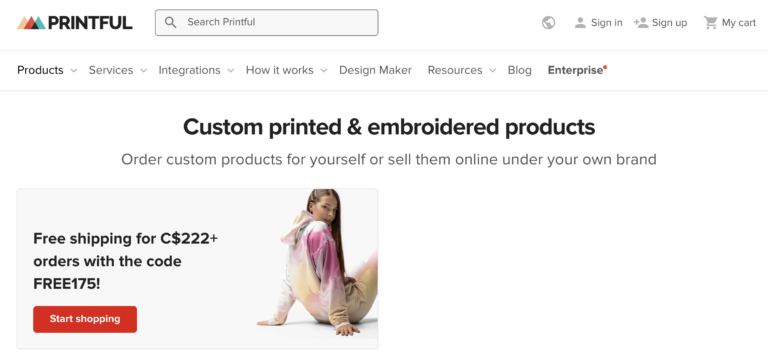How to Successfully Launch Your Digital Business Through Strategic Partnerships
Starting a digital business is an exciting yet nerve-wracking journey. Many entrepreneurs assume that potential users will automatically share their enthusiasm. However, simply developing an app and making it available in the app store is not enough. In a competitive market filled with innovation, success requires more than just a great product.
The Importance of Partnerships in Growing Your User Base
Building a solid user base doesn’t happen by chance. Even when you have a well-defined target audience, getting them to engage with your product can be challenging. To effectively launch your app, you need strategic partnerships and distribution channels that can help lower user acquisition costs and attract potential investors.
Partnerships are a powerful tool because they allow you to tap into an existing, engaged customer base. This creates valuable traction within your market, expanding your reach and increasing your chances of success.
—
Steps to Establishing Strong Partnerships
1. Identifying Potential Partners
The first step in forming partnerships is identifying organizations or individuals who can contribute to your business growth. A potential partner is anyone with a valuable database or network who is not a direct competitor.
Consider businesses, communities, or services that have a similar customer base or offer complementary products. Potential partners could include:
– Large and engaged Facebook groups (reach out to page admins)
– Media publications
– Products or services that complement yours
– Franchise businesses
– Community organizations
– Charities
– Sports clubs
– Startups
– Corporations
– Insurance agencies
– Niche brands
To stay organized, create a spreadsheet categorizing potential partners into three tiers based on the size of their database:
– Tier Three: 5,000+ users
– Tier Two: 25,000+ users
– Tier One: 100,000+ users
Include their contact details and a brief description of their business.
—
2. Approaching Potential Partners
Once you’ve identified potential partners, prioritize your outreach based on the size of their audience. Tier Three partners can help establish credibility, making it easier to secure Tier Two and Tier One partnerships.
To ensure a productive approach, follow these steps:
Step 1: Define Mutual Value and Create a Plan
Every partnership proposal should clearly outline the benefits for both parties. Ask yourself: “What’s in it for them?”
Prepare a pitch that includes:
– The advantages of the partnership for both sides
– A timeline of required activities
– A budget for necessary resources
Step 2: Reach Out and Present Your Proposal
When contacting a potential partner, aim to connect directly with the decision-maker. While initial discussions with other team members can be helpful, you’ll need to start fresh once you reach the key decision-maker.
Once you establish a connection, present your proposal by emphasizing:
– The benefits they will gain
– What they need to contribute
– What you are offering in return
Step 3: Negotiate and Finalize Terms
Listen to your potential partner’s needs and challenges. Understanding their business goals can help you refine your proposal to create a mutually beneficial agreement.
However, be cautious—ensure that the partnership terms remain fair, preventing any imbalance where one party benefits significantly more than the other.
—
The Key to Successful Partnerships
Securing partnerships can be daunting, but with careful planning and research, the process becomes more manageable. While you don’t need to finalize partnerships before launching your prototype, laying the groundwork early will give you a competitive advantage.
By identifying valuable partners, crafting compelling proposals, and negotiating fair agreements, you can position your digital business for long-term success. Partnerships not only help you reach your ideal users but also provide credibility, exposure, and growth opportunities in your industry.
Now, take the first step—start identifying potential partners and build connections that will drive your business forward! 🚀






